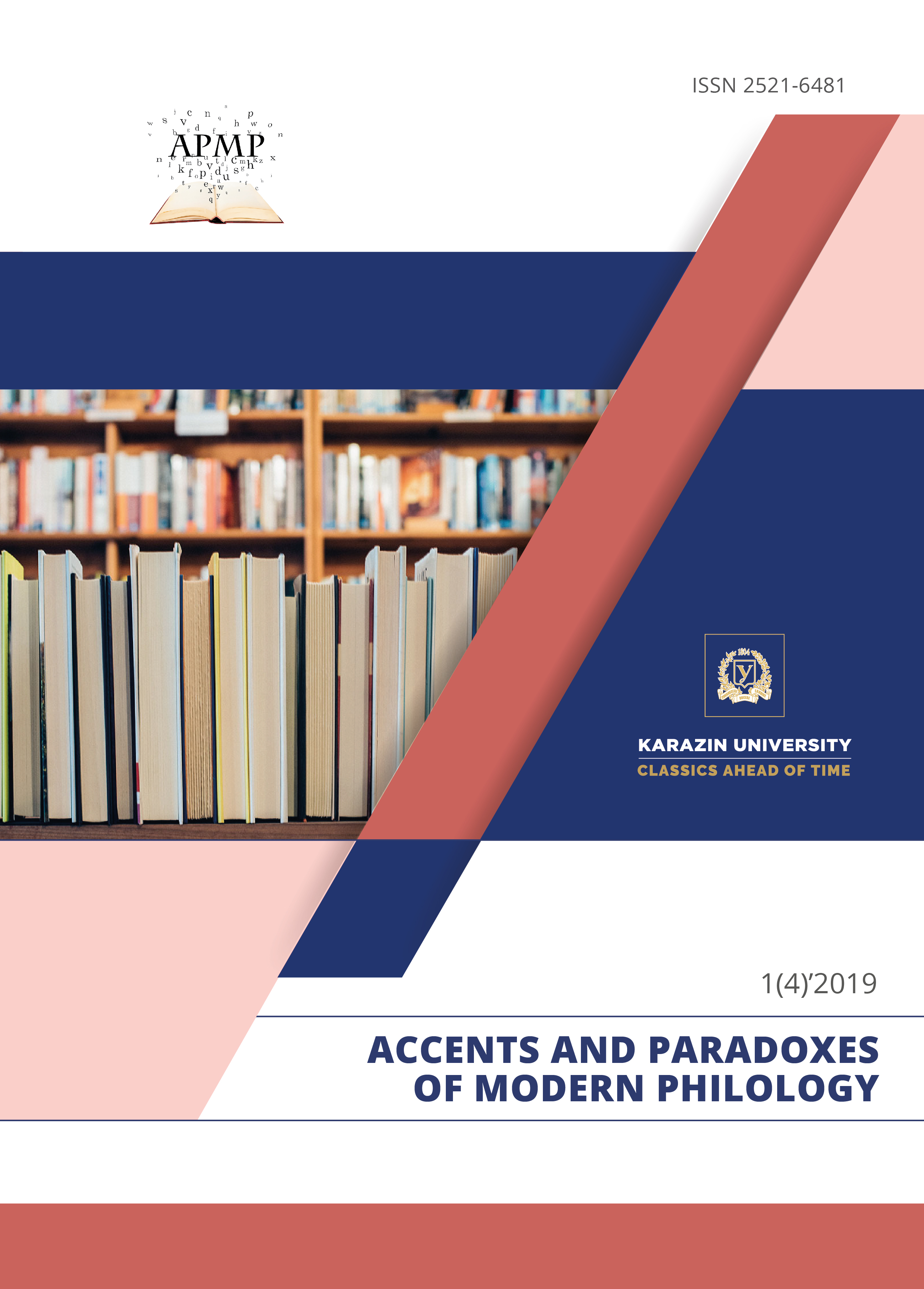Еудженіо Корті і комунізм
Анотація
Еудженіо Корті (1921–2014) у юному віці осягнув своє призначення бути письменником і сфокусував увагу на комунізмі як головній небезпеці ХХ століття. З метою особисто побачити продовження радянського експерименту, він відгукнувся на заклик до зброї та відправився на східний фронт, незважаючи на той факт, що був проти нападу німецьких союзників на Росію. Перебуваючи в Україні, він осмислює нелюдяність комуністів та після повернення присвячує себе служінню істині. Він засуджує потурання західної культури з масовими вбивствами, спровокованими комуністичною ідеологією.
Трагедія Processo e morte di Stalin (1962) стала результатом прискіпливого вивчення теорії та практики комунізму в Радянському Союзі, а також у Китаї та Індокитаї. У цій роботі грузинський диктатор внаслідок змови членів Політбюро аналізує справжню сутність комунізму й в решті решт демонструє неможливість створення ідеального суспільства «нового людства», якого жадала досягнути ця ідеологія. Еудженіо Корті народився 21 січня 1921 року – в той самий день, коли розпочалася історія Комуністичної партії Італії після розпаду Італійської соціалістичної партії: цей збіг дат є символічним як в історичному, так і в транцендентному ракурсі, в яких автор і досліджує витоки й результати комуністичного експерименту, засуджуючи жахи, що мали місце в ході реалізації марксистських теорій. Реалізуючи своє екзистенційне покликання, слідом за щоденником спогадів про відступ зі Східного фронту та роману про власний досвід перебування в регулярній армії протягом війни за визволення Італії від німецької армії, Е. Корті присвятив себе довготривалому й послідовному дослідженню комуністичної ідеології. Поряд із роботами Маркса, Сталіна та Леніна він проаналізував велику кількість досліджень філософських засад комунізму, включаючи ґрунтовну працю Ісаака Дойчера про Сталіна. На думку Е. Корті, поразка утопічного проекту Сталіна пов’язана з незмінністю природи і людської душі. Спростовуючи тези марксизму-ленінізму на прикладах з реального життя, Е. Корті показує, що джерелом зла не є класова нерівність, а скоріше людська душа, яка в той самий час є й захисником загальнолюдських цінностей.
Завантаження
Посилання
Apollonio, M. (1962). L’opera. In: Processo e morte di Stalin (pro¬gramma distribuito al Teatro della Cometa di Roma in occasio¬ne della rappresentazione, aprile 1962).
Caprara, M. (2000). La milizia dello scrivere. In: P. Scaglione, ed., La trama del vero. Scritti in onore di Eugenio Corti, Missaglia (Lecco): Bellavite.
Corti, E. (1939–40). Diario 1939–1940.
Corti, E. (1940–43). Diari 2.
Corti, E. (1947). I più non ritornano. Milano: Garzanti.
Corti, E. (1951). I poveri cristi. Milano: Garzanti.
Corti, E. (1985). Il comunismo realizzato. Fogli, 97–98–99.
Corti, E. (1985a). Lo sterminio dei contadini kulaki. In: E. Corti, Il comunismo realizzato. Fogli, 97–98–99.
Corti, E. (1985b). Perché è fallito il comunismo in URSS. In: E. Corti, Il comunismo realizzato. Fogli, 97–98–99.
Corti, E. (1998). Le responsabilità della cultura occidentale nelle grandi stragi del nostro secolo. Pessano (Milano): Mimep-Docete.
Corti, E. (1999a). Processo e morte di Stalin con altri testi sul comunismo. Milano: Ares.
Corti, E. (1999b). Gli eventi storici successivi. In: Corti, E., ed., Processo e morte di Stalin con altri testi sul comunismo. Milano: Ares.
Corti, E. (2014). Il cavallo rosso. 30a ed. Milano: Ares.
Deutscher, I. (1951). Stalin. Milano: Longanesi.
JPM (1999). Proces et mort de Staline. Renaissance catholique, 57.
Livi, F. (2012). Dans le tourbillon de l’histoire: «Le Cheval rouge» (1983) d’Eugenio Corti. In: Livi, F., ed. Italica. L’Italie littéraire de Dante à Eugenio Corti. Lausanne: L’Age d’Homme.
Mazzucchelli, S. (2004). Memorie e diari: traduzioni in Italia nel primo dopoguerra. Europa Orientalis, 23 (2), pp. 119–208.
Monteil, R. (2012). Regards croisés sur Processo e morte di Stalin (1962) et Il cavallo rosso (1983): observations et conclusions de Eugenio Corti (1921) en matière de communisme. P.R.I.S.M.I. Revue d’études italiennes, 10.
Scaglione, P. (2002). Parole scolpite. I giorni e l’opera di Eugenio Corti. Milano: Ares.
Scaglione, P. (2017). Il realismo della trascendenza: angeli e poeti nel cielo di Lombardia. In: L. Helly et F. Livi, ed., Le récit par images. Eugenio Corti (1921-2014). Revue des Études italiennes, 63 (1-2).




